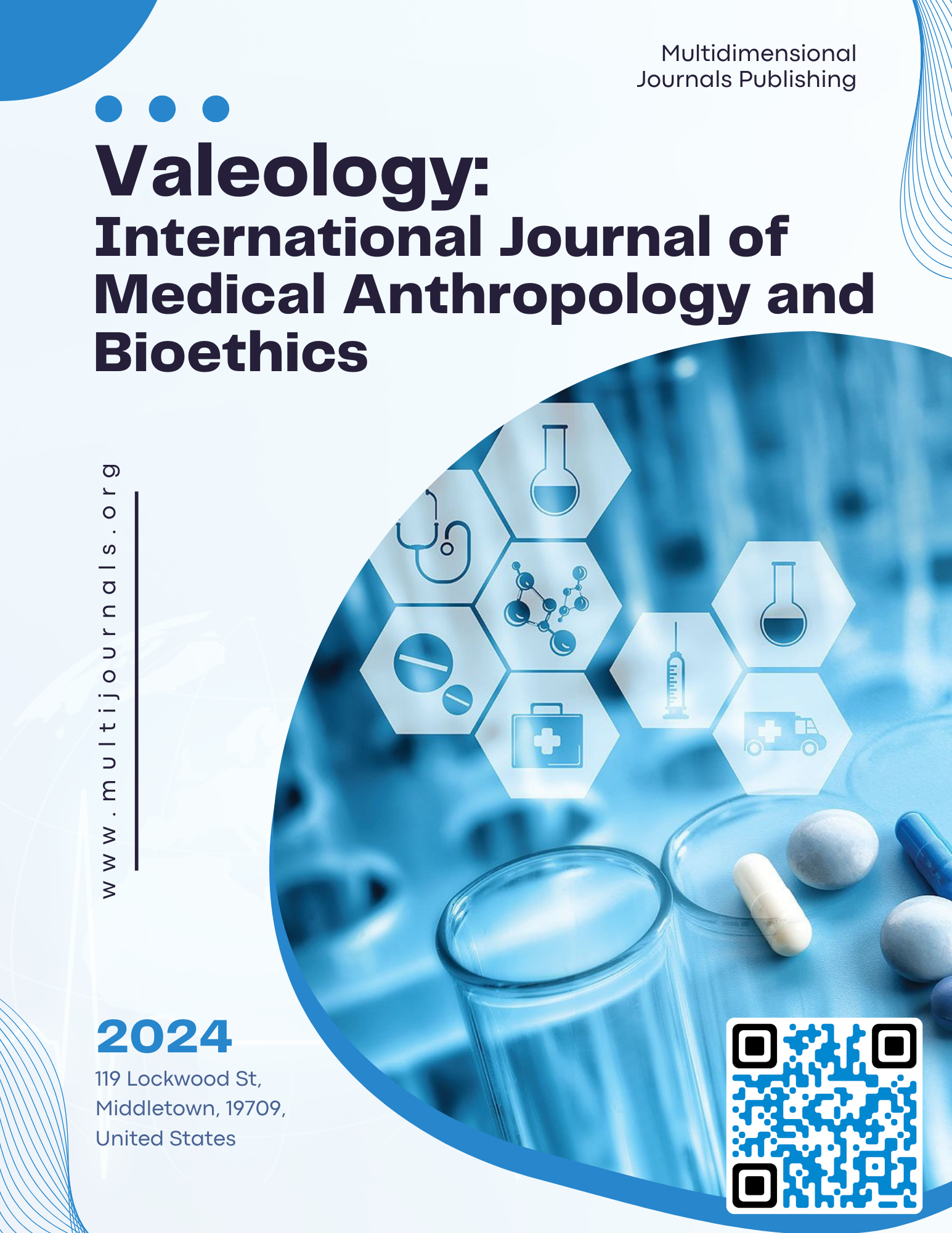A SYSTEMATIC APPROACH TO UNDERSTANDING THE COMPLEXITIES OF BREAST CANCER DURING PREGNANCY AND FOCUSING ON DIAGNOSTIC CHALLENGES, THERAPEUTIC STRATEGIES, AND CLINICAL OUTCOMES
Keywords:
Challenges, Strategies, Systematic, Cancer, Pregnancy, Fetal, radiation, MRI, Therapeutic managementAbstract
The study will provide an in-depth, systematic review of breast cancer in pregnancy, focusing on diagnostic limitations, treatment options, and clinical prognosis. Breast cancer is the most common cancer in pregnant women, with an incidence of approximately 1 in 3000-10,000 pregnancies worldwide. Physiological changes of pregnancy, including increased breast density, complicate diagnosis by either masking tumours or mimicking benign lesions, often leading to delays in diagnosis or misinterpretation of the condition. Conventional imaging modalities, such as mammography, are contraindicated due to fetal radiation exposure, precluding their routine use for such investigations in favour of ultrasound (sensitivity: 85-90%) and MRI (used in about 15% of cases, but with contraindications to gadolinium). Conditions such as breast tenderness overlapping with normal pregnancy changes add to the challenge of making an accurate diagnosis, which requires strict criteria for assessment. The study's key findings underscore the necessity for multidisciplinary care involving obstetricians, oncologists, and radiologists to address the diagnostic and therapeutic complexities inherent in this condition. The psychosocial support function is especially important, given that the intersection of cancer and pregnancy doubles the anxiety burden. Surgical and chemotherapeutic interventions undertaken in the second/third trimester have been shown to preserve favourable short-term outcomes, while the importance of ongoing monitoring of both fetal development and maternal mental health is underscored. The study emphasises that early diagnosis and personalised treatment can achieve outcomes similar to those in non-pregnant patients, although evidence concerning the safety of combined chemotherapy and advanced imaging techniques is still lacking. It is therefore recommended that further studies continue to optimize care for this vulnerable population by streamlining protocols.



